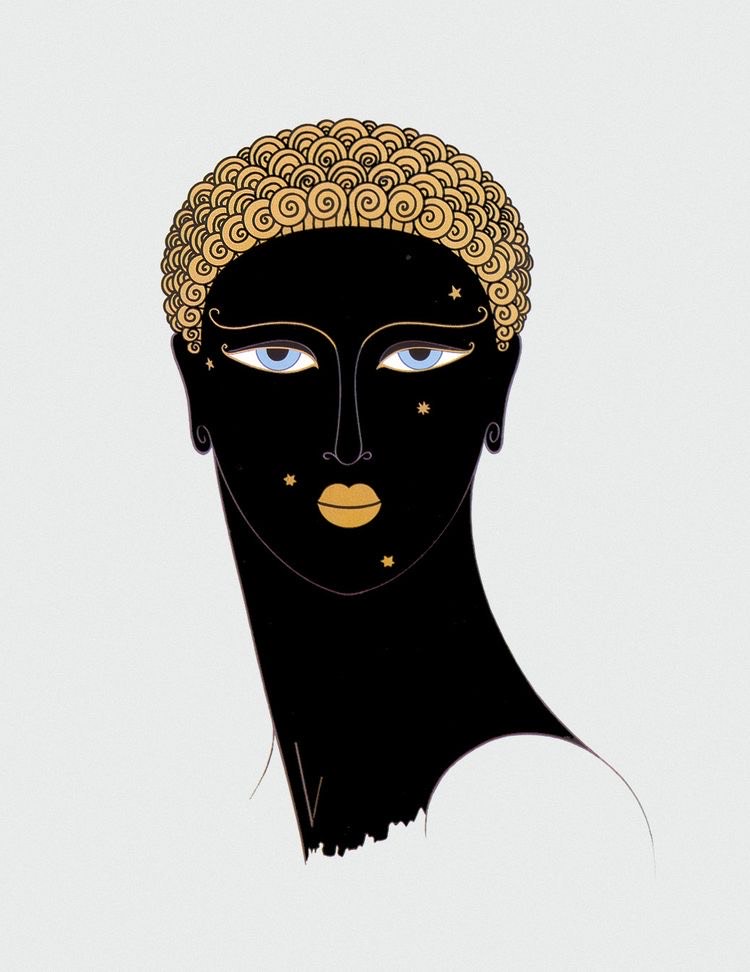Muslim women are especially expected to do more with less; to handle multiple demands, to run lean. We see this all the time in the way we have to multitask at work and at home. We know who we are. We are brilliant and we can do anything we put our minds to. But how do we start to make a movement culture in which the workload is truly shared?










